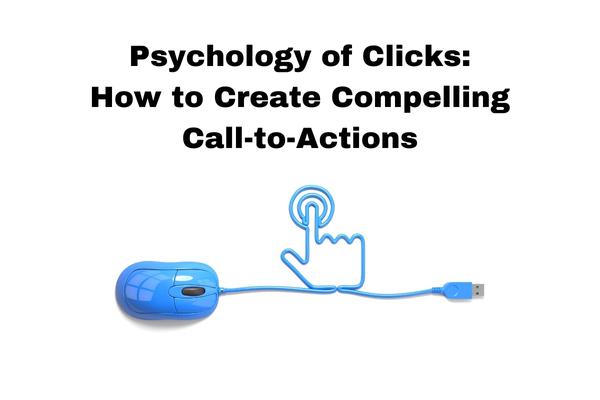
Website speed and mobile optimization are critical components of a successful website. A slow-loading website can result in frustrated users, lost business, and a negative impact on search engine rankings. On the other hand, a fast and mobile-optimized website can provide a seamless user experience, improve search engine rankings, and increase conversions.
Here are the reasons why website speed and mobile optimization are so important:
- User Experience: Website speed has a direct impact on the user experience. Visitors to your website expect fast load times, and a slow-loading website can result in frustration, increased bounce rates, and lost business. On the other hand, a fast-loading website can provide a smooth and enjoyable user experience, increasing the likelihood that visitors will stay on your site and engage with your content.
- Search Engine Rankings: Search engines, such as Google, use website speed as a ranking factor. A slow-loading website is seen as a negative signal, while a fast-loading website can improve search engine rankings. This, in turn, can result in increased visibility, traffic, and conversions.
- Mobile Optimization: With more and more users accessing the internet on mobile devices, it’s important to ensure that your website is optimized for mobile. A mobile-optimized website provides a seamless user experience on smaller screens and can improve search engine rankings.
- Conversions: Website speed and mobile optimization can have a direct impact on conversions. A fast-loading and mobile-optimized website can increase the likelihood that visitors will complete a purchase or take a desired action.
There are several steps you can take to improve the speed and mobile optimization of your website, including:
- Use a Fast Web Host: Choosing a fast and reliable web host is a key factor in website speed. Consider using a content delivery network (CDN) to distribute your content and reduce load times.
- Optimize Images: Large, unoptimized images can significantly slow down your website. Optimize images by compressing them and using appropriate file formats.
- Minimize HTTP Requests: Every time your website makes an HTTP request, it takes time to load. Minimize the number of HTTP requests by combining files, using CSS sprites, and minimizing the use of plugins.
- Use a Mobile-Optimized Theme: Choose a theme that is optimized for mobile and ensures a seamless user experience on smaller screens.
- Test Your Website Speed: Regularly test the speed of your website to identify any issues and make improvements. There are several free online tools, such as GTmetrix, that can help you test website speed and provide recommendations for improvement.
Website speed and mobile optimization are crucial components of a successful website. By taking the necessary steps to improve website speed and mobile optimization, you can provide a seamless user experience, improve search engine rankings, and increase conversions.
In conclusion, website speed and mobile optimization are important factors that can have a direct impact on the success of your website. By optimizing your website for speed and mobile, you can improve the user experience, increase conversions, and achieve better search engine rankings. Regularly testing and optimizing your website is key to maintaining its performance and staying ahead of the competition.




